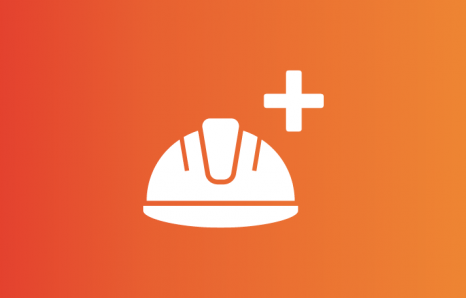Over 20 rail companies are signed up to the award-winning rail industry health data dashboard project. The findings are already providing a powerful tool to generate evidenced based decisions to help businesses to improve overall wellbeing and health for rail staff. This session covers how companies have overcome the challenges of collecting health data, what to do if you are unsure or don’t know where to start collecting data and how it supports the story telling; answering the “why” and “so what” when taking action to drive change. It also touches on how frontline staff are not only the biggest assets to any business but how their reporting is key to identifying and managing the risks posed to rail staff in today’s climate.
You may also be interested in:

Understanding hidden disabilities
Watch this talk on hidden disabilities and how labels and language shape our perceptions. Explore the challenges people face and simple ways to foster inclusivity. Learn to raise awareness, improve accessibility, and create a supportive environment.

Measuring health and wellbeing performance
How can we capture all incidents of poor health and wellbeing? What factors affect our confidence in the data? How can we use the data to inform health interventions? If you’re involved in measuring health and wellbeing performance, this session answers questions you may have.

Building a peer-to-peer support network in your organisation
Nick Baddeley, Louise Mears and Fran Garvey-Fereday discuss the development, challenges, and implementation of a ‘Wellbeing Ambassador’ network within Network Rail. Based on their own experiences, they deliver a best-practice guide for all.
